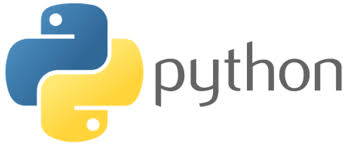CS 100

Scientific Computing
Activity 14 - More practice with strings
Create a file named activity14.py and save it to your cs100/ch3 directory.
- Write a function
countCharacterTypes(myString)that takes a string as a parameter. It will count and print the number of uppercase characters, lowercase characters, digits, and symbols (non-alphanumeric characers). Test your function by calling it. For example, calling the functioncountCharacterTypes("Here.123 is EXAMPLE !!^&*")should print out:Number of uppercase characters: 8 Number of lowercase characters: 5 Number of digit characters: 3 Number of symbol characters: 9 - Modify the previous function so that the output is nicely formatted. (Hint: think about justification). Test your function by calling it. The digits should line up as follows:
Number of uppercase characters: 8 Number of lowercase characters: 5 Number of digit characters: 3 Number of symbol characters: 9 - Write a function
allOccurrences(myString, character)which takes a string as the first parameter and a single character as the second parameter. It should print all indices where the given character is found in myString. Hint: use a for loop. Test your function by calling it. For example, the function callallOccurrences("Here is an example string", 'e')would produce the following output:1 3 11 17
If you finish early
- Write a function
reverseString(myString)to reverse the given string and return it. Use a for loop to solve this problem. Test your function. For example,print(reverseString("scientific computing"))will outputgnitupmoc cifitneics.
How to submit
Submit your working python file to Moodle.